Selected in the 36th round of the 2017 Major League draft, Rio Gomez didn’t get a life-changing signing bonus. While players drafted in the first few rounds can expect millions, Gomez got $10,000. He saved it, and used it as part of a down payment on a townhouse back home in Arizona.
A left-handed pitcher, Gomez is thankful for the historic collective bargaining agreement between Major League Baseball and minor league players. The contract, approved by the players last week and by MLB owners on Monday, marks the first labor agreement for minor leaguers, who voted to form a union in September.
The most noticeable aspect of the contract is the bump in pay. For players at the Double-A level, like those on the Sea Dogs, the minimum salary jumps from $13,800 last year to $30,250 this season. Weekly, that’s a boost from $600 to $1,000.
And for the first time, minor league players will be paid in the offseason – a minimum of $250 per week, more if they train at their club’s offseason camp. The only time players will not be paid is during the six-week dead period around the holidays, when they cannot be asked to work.
“It’s incredible to see the progress take place. I think it was long overdue and I think this is how it always should be,” Gomez said Tuesday afternoon, as the Sea Dogs gathered at the Portland Expo prior to the team’s Fan Fest to kick off the season. The Sea Dogs host the Binghamton Rumble Ponies at Hadlock Field at 6 p.m. Thursday for Opening Night.
“That financial security, it gives you that peace of mind in the back of your mind,” Gomez said.
Tuesday evening, the Sea Dogs shared their enthusiasm for the upcoming season with 400 fans who packed the Expo to meet the players, Manager Chad Epperson, and the coaching staff. As soon as the Expo doors opened at 5:30 p.m., lines formed for autographs. Fans took pictures with Slugger, the team’s mascot, and enjoyed red snapper hot dogs and baked beans, a traditional Maine bean supper. The Sea Dogs will play as the Maine Bean Suppahs July 8 against Binghamton.
The effort to unionize last year came in the wake of a settlement of a federal class-action lawsuit seeking higher pay and better working and living conditions for minor league baseball players, whose salaries are paid by major league teams. By contrast, the minimum salary in Major League Baseball this season is $720,000, up from $700,000 in 2022.
“It’s exciting this year to see a little bit more of a pay bump take place. All we were ever really asking for is a comfortable amount. It’s not like we need to be paid like the big leaguers or anything even in that direction. Just enough to feel a little more comfortable and take a little bit more money home in the offseason,” Gomez said.
Other members of the Sea Dogs were heartened by the new collective bargaining agreement.
“I’m really excited. Excited to get back to baseball. We have all the negotiations behind us and we can focus on baseball,” said Stephen Scott, a catcher who signed as a 10th round pick in 2019 and received a $50,000 signing bonus. “I think everybody in this world would like a raise. It’s nice, and appreciated.”
Center fielder Ceddanne Rafaela said he’s not focused on money, but with his wife Melanie and 2-year old son Aidan in Portland with him, the raise is nice.
“For me, I’m just focusing on playing baseball. To be honest with you, I don’t put my mind on the money. I’m just doing my thing, and keep playing baseball,” Rafaela said.
This is the second significant pay raise for minor league players in recent years. In 2021, Double-A players saw their weekly pay jump from $350 to $600 per week. Starting last season, Major League Baseball provided minor leaguers with housing for the first time.
Pay increases will impact all levels of the minor leaguers. Under the new agreement, Rookie League players are paid $675 per week, up from $400 previously. Single-A players make $850 per week, up from $500, and High-A players make $900, up from $500. Triple-A players, one step below the major leagues, earn $1,200 per week, up from $700.
Gomez hopes the pay boost makes his experience in the low minor leagues a thing of the past. When he played Single-A ball in Greenville, South Carolina, in 2018, Gomez lived in a two-bedroom apartment with six other players.
“There’s no furniture. Maybe the only furniture is a mattress. And we have two mattresses in the living room. A mattress in the kitchen,” he said of the living conditions. “It was no different in Salem. There was three of us living in the living room in Salem. That’s the way you made the dollar stretch further back then. The rent was so cheap because you split it so many ways.
“Now those just make for good stories. Which is nice that’s all it has to be anymore, and we’re not still living it.”
Send questions/comments to the editors.


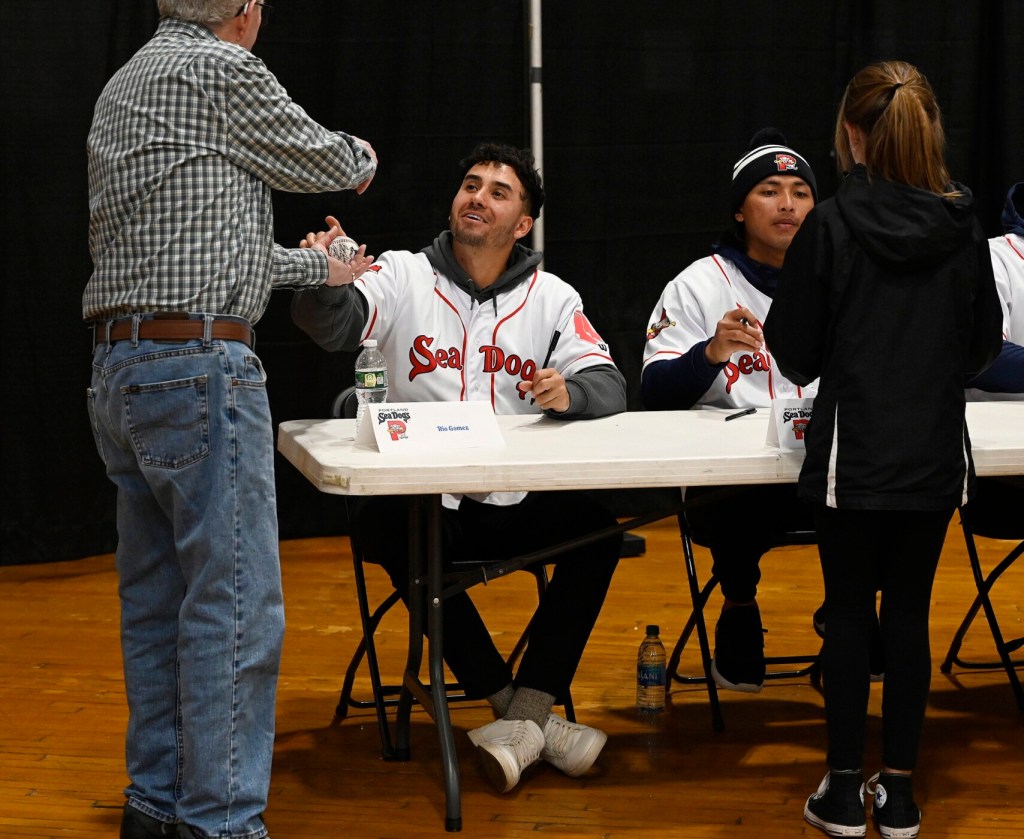
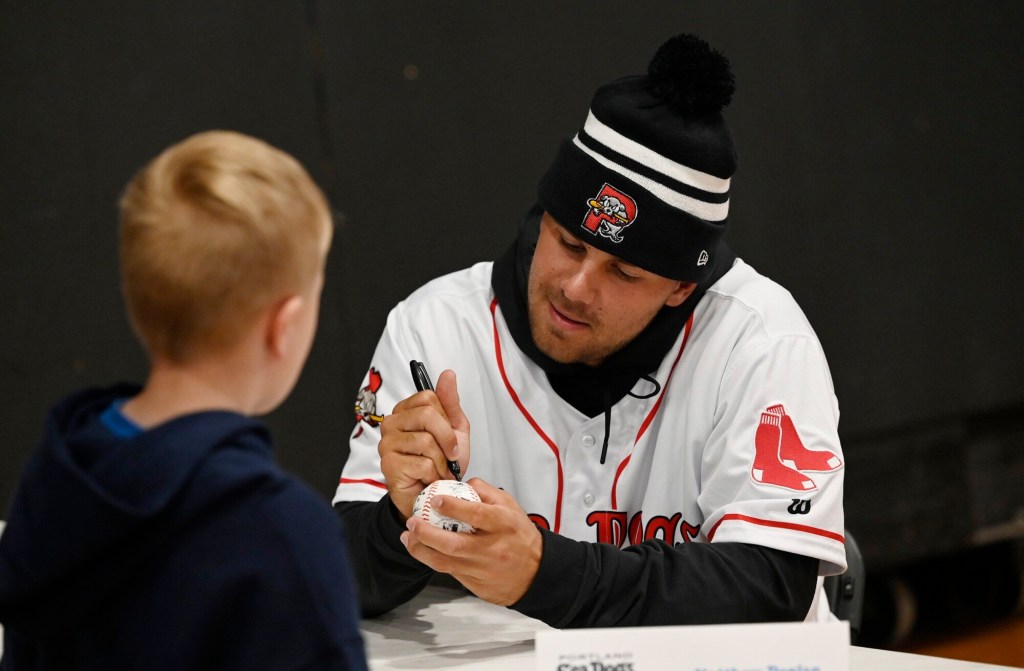
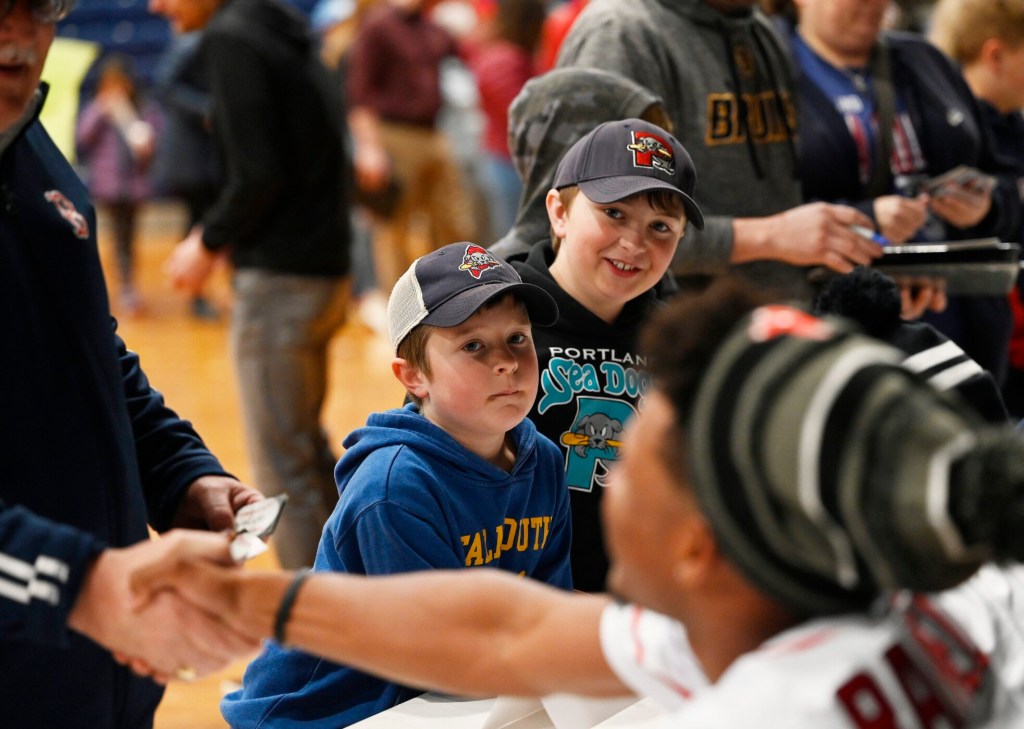
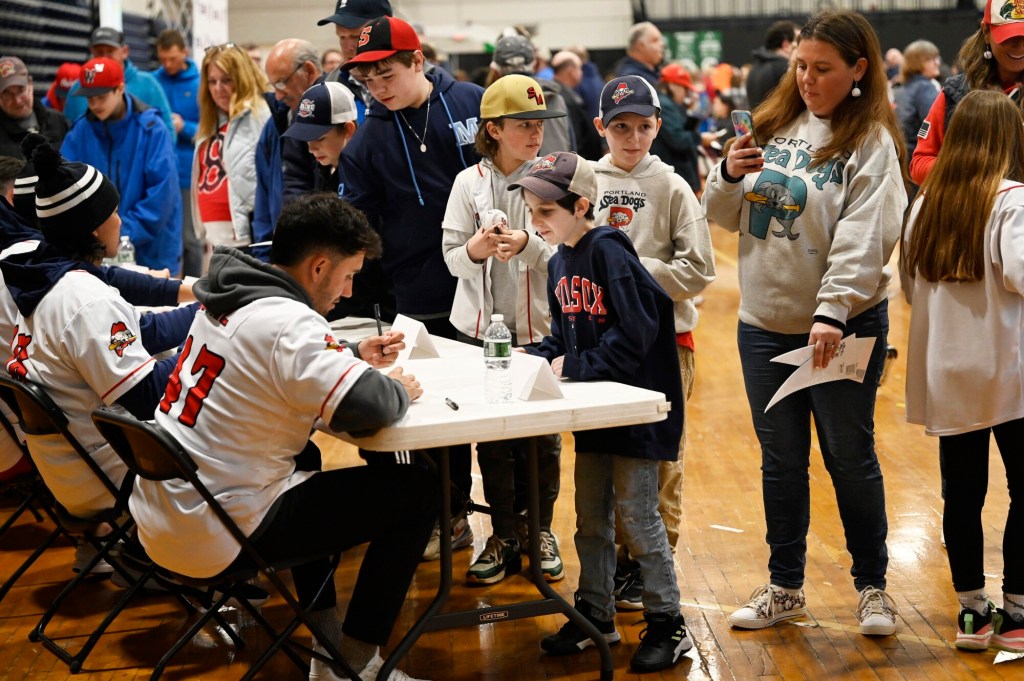
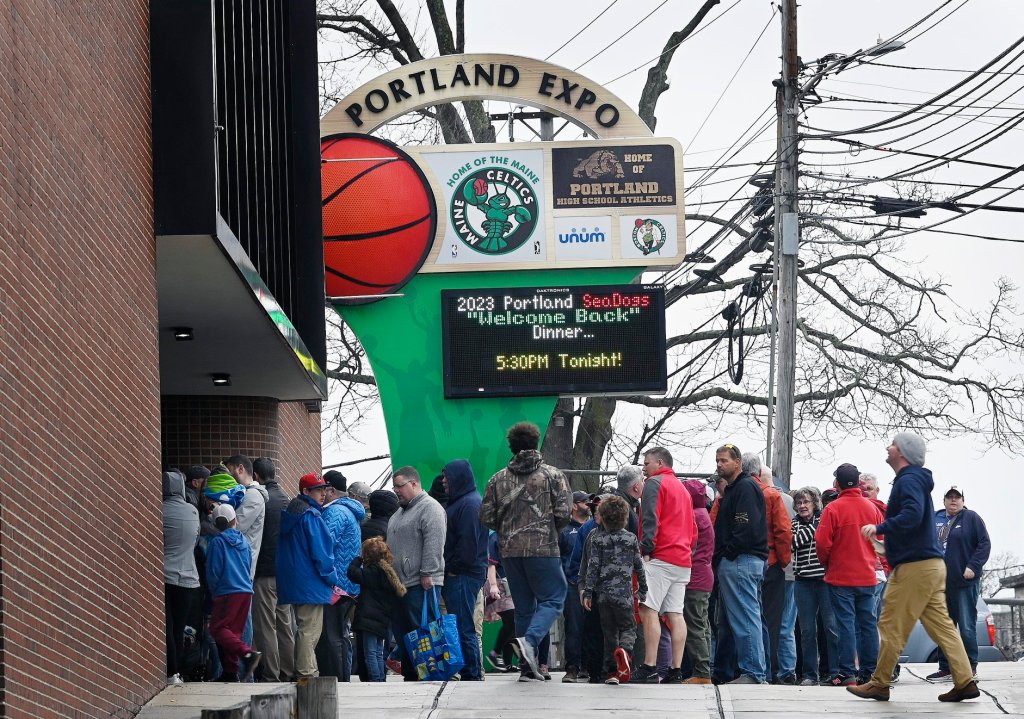
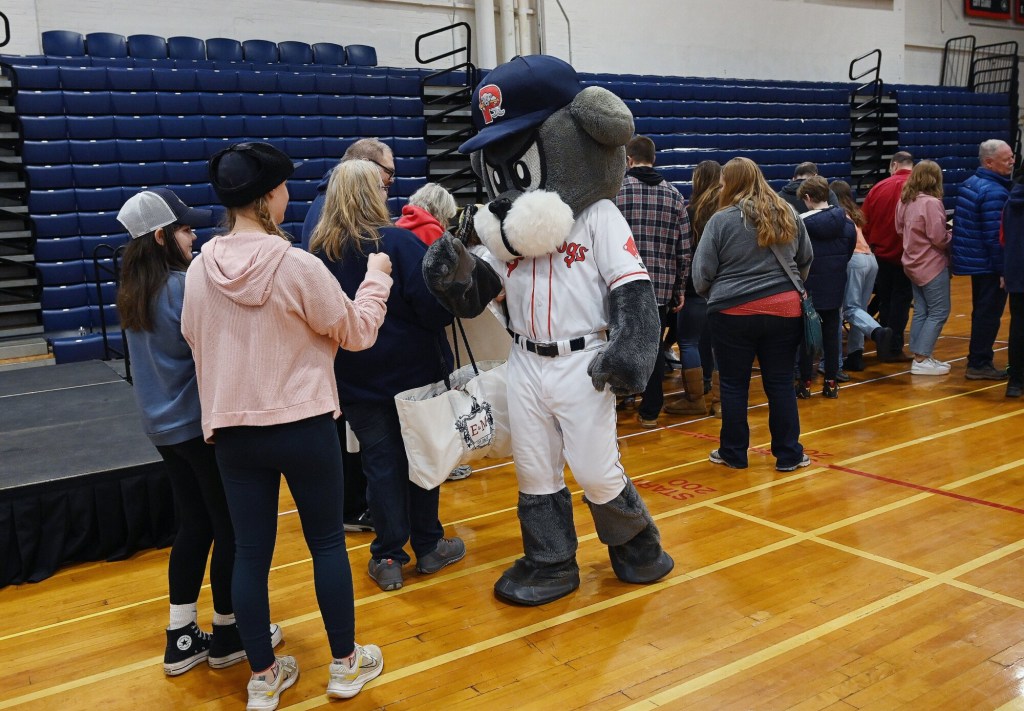
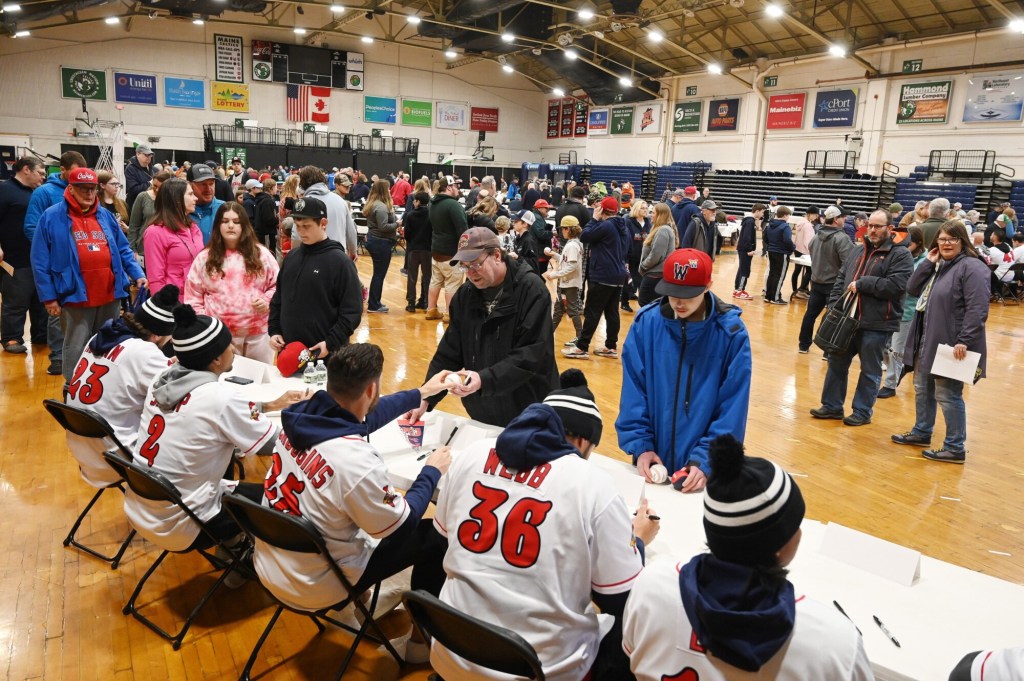

Success. Please wait for the page to reload. If the page does not reload within 5 seconds, please refresh the page.
Enter your email and password to access comments.
Hi, to comment on stories you must . This profile is in addition to your subscription and website login.
Already have a commenting profile? .
Invalid username/password.
Please check your email to confirm and complete your registration.
Only subscribers are eligible to post comments. Please subscribe or login first for digital access. Here’s why.
Use the form below to reset your password. When you've submitted your account email, we will send an email with a reset code.